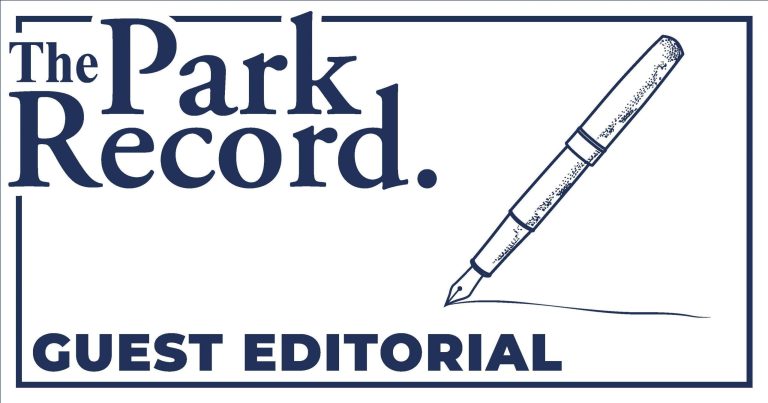It’s been a busy time with an assassination attempt, an abdication, a crazy clown national election victory over Kamala Kumbaya, the collapse of the New York Yankees, huge hurricanes and fires around the world, a comet too close to be comfortable and even summer time.
Not only are these changes a surprise, but it is the evolution of the changes that is unpredictable, the acceleration of change relative to time. Where is the comfort of science in all this, the convenience of truth and time?
Science, engineering and hydrology are today under attack by conspiracy theories and climate deniers because some of the men at the top aren’t very good at science or don’t believe in it.
Science is not a matter of faith but a matter of fact and this is not up for debate. Science is generally rigid and predictable. Science is governed by the unequivocal rules and laws of the universe that make the legal and political system seem fanciful and capricious. Science is our best explanation of how things actually work today.
I’m a scientist, civil engineer, hydrologist, hell. I am an amateur economist, part-time geologist and amateur cosmologist. This is who I am and what I do. I consider it my duty to share what I know, what I learn, and what I love with others in a fun and understandable format.
I believe we need science more than ever, for ourselves and for our children. It’s about time, and time is not a constant in this ever-changing world, but a commodity that cannot be bought or sold, and we are running out of it.
Objective scientists like Hawkings and Feynman say our biggest problems today are that our population growth is unsustainable for food, water, natural resources, and human industry – the foundations of our market economy .
The Earth is already overcapacity. Our climate is on a downward trend that could accelerate and make Earth hotter than Venus (451°F). Our technology is becoming so advanced that soon computers will be smarter than us and could take over. We can’t even turn off our smartphones, let alone artificial intelligence.
Rich, smart guys are trying to find other planets and a way to move or time travel among our 11 million dimensional universes, some of which are imaginary, and that’s not a good sign.
Water is a good visible metaphor for our climate and our natural resources and how we conserve and distribute or use them until they disappear, knowing that they are limited but squandering them nonetheless.
The tragedy of the commons and human nature dictate that we take more than our share, lest we be deceived. The devil can take the rest.
We are perpetually dividing and distributing our lakes and rivers on paper and wondering why there is no wet water left. We pump our groundwater until it disappears and we wonder why the aquifers are collapsing and the ground is sinking. Out of sight, out of mind. We closed farms and golf courses to cool water for Amazon and AI data centers.
We subsidize waste and encourage overexploitation that does not support the general welfare and public good. This is not about conservation or communism, but about historical and accepted Western water laws and savings put into practice. Use it or lose it, waste it or taste it. First in time, first to the right, first to the bank.
There is our infinite thirst and exponential growth that drives unlimited demand for water, as opposed to our dwindling supply, exacerbated by climate change and long-term drought. Our responses are technologically oriented, using apps and accounting, metering and monitoring, smoke and mirrors, deeper wells and longer diversions, water banks and larger dams.
Or we look for other places to steal water, like oceans and icebergs, the Moon and Mars, exoplanets and an alternate universe. The first thing we always look for is water, for the sake of life and for the sake of time.
But if something is free, like water and pollution, indoor climate and space, free time or currency, people will not value it.
Is it ironic to rely on the fair market to keep water and air clean, save our climate and preserve space, or is it our last, best chance?
People don’t do anything without incentives or disincentives, without carrots and sticks, without market forces. So how can we ensure that wasting water is economically costly, that clean air is truly precious, and that climate and space are the domination and responsibility of the masses?
Ask a politician, a businessman or an economist in these crazy times when it’s money that changes everything, and change is the only thing that matters. Don’t ask a scientist. You may not like the inconvenient truth or the urgent timing.
Matt Lindon is a Snyderville Basin resident.


